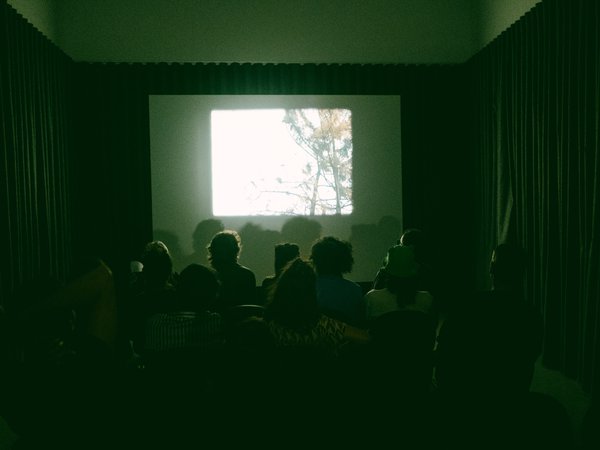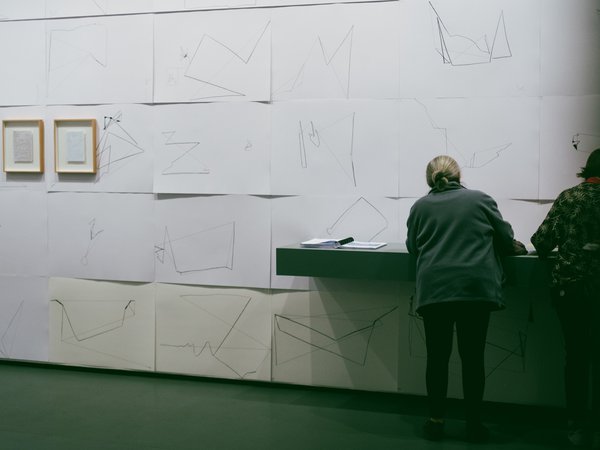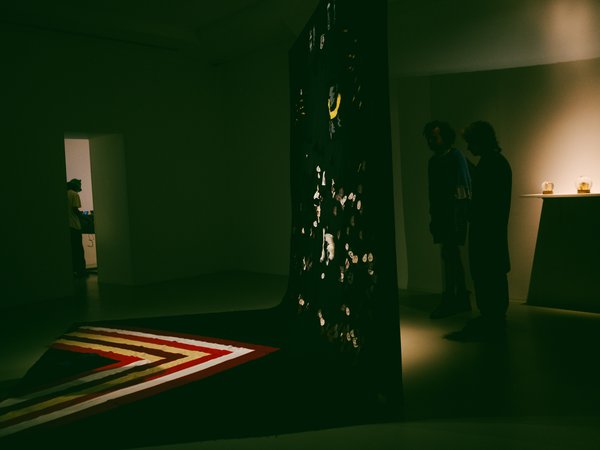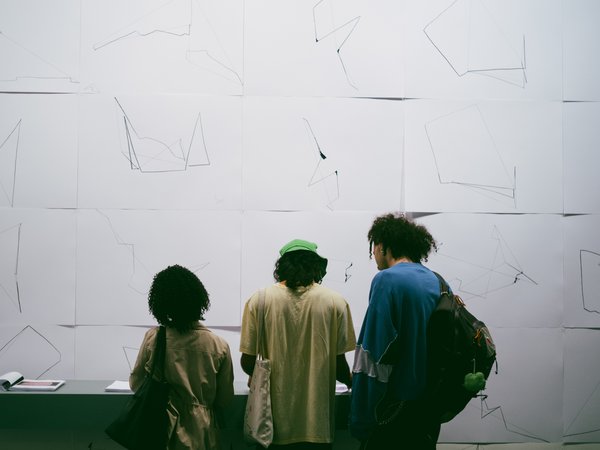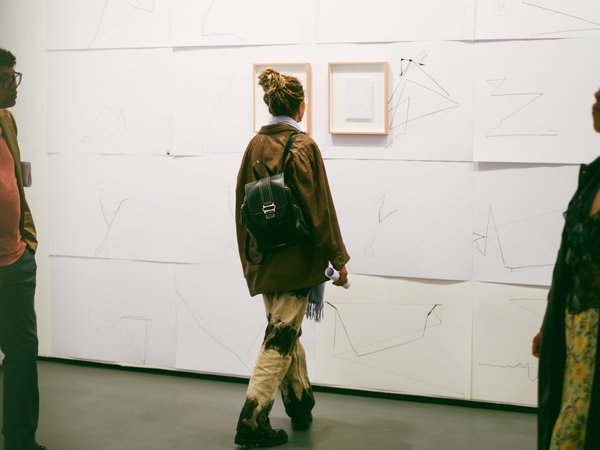This is a past event.

FILM PROGRAMME BY MARIA DO CARMO PIÇARRA
FILM PROGRAMME BY MARIA DO CARMO PIÇARRA
The programme proposed by Maria do Carmo Piçarra extends the dialogue around Fogo no Lodo (2023) by including films that project variations on how Guinea-Bissau has been imagined. It activates a reminiscent shot/reverse shot in order to emphasise how both the film by Catarina Laranjeiro and Daniel Barroca and the exhibition The Floor is Lava! contribute to create an off-screen that becomes a flash. It materialises in a device that contrasts the representations of the colonial situation in amateur films – Percurso de uma família na visita à Exposição do Mundo Português (1940), and Missão Antropológica da Guiné (1958), which records a mission from 1947-48 –, shown on a monitor, with anti-colonial films on a big screen.
In 1963, Amílcar Cabral authorised the French anti-Nazi resistance fighter Mario Marret to film the anti-colonial struggle. Nossa Terra (1966) was the second film made by Marret in Guinea-Bissau, after Lala Quema, which has been lost.
With the collaboration of Guineans trained in cinema in Cuba – Flora Gomes, Sana na N'Hada, Josefina Crato and José Bolama – No Pintcha (1979) was directed by the Italian Sergio Spina during the 3rd Independence Congress for Unity and Development, looking at a country under construction and at the legacy of five hundred years of colonialism.
PROJECTION:
Nossa Terra, 1966
Directed by Mario Marret
Sound, 35’
Association Talitha, Rennes
No Pintcha, 1979
Directed by Sergio Spina
Sound, 50’
Fondazione Archivio Audiovisivo Del Movimento Operaio E Democratico Collection – AAMOD, Roma
SCREEN:
Missão Antropológica da Guiné, 1958
Unknown director
No sound, 8’
Universidade de Lisboa / Museu Nacional de História Natural e da Ciência, films collection / Instituto de Investigação Científica Tropical, deposited at Cinemateca Portuguesa – Museu do Cinema, Lisbon
Percurso de Uma Família na Visita à Exposição do Mundo Português, 1940
Family film
No sound, 10’ (extract)
Luís Nunes dos Santos family collection deposited in the Arquivo Municipal de Lisboa - Videoteca (TRAÇA project), Lisbon






